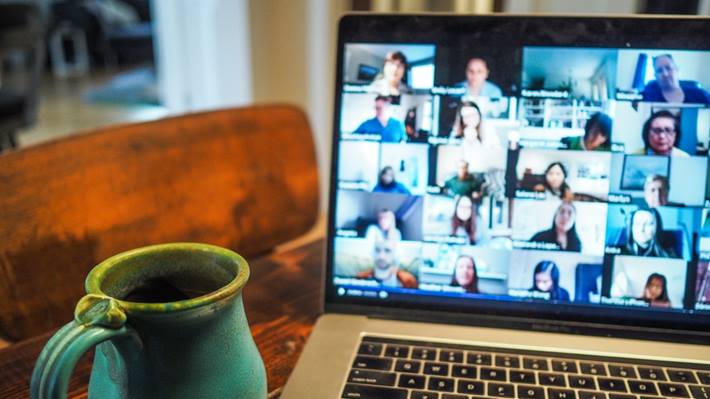Staying well
Advice and activities to support your mental and physical health during the coronavirus pandemic
What does staying well mean?
Staying well means keeping mentally and physically healthy. The coronavirus pandemic and lockdown has been an anxious time. For many people it has become difficult to stay positive.
The ideas and activities below can help you to stay well both now and in the coming months. It is important to remember that other illnesses are common in the autumn and winter. One way you can prepare is by getting a flu jab. Find out more about the flu jab on the NHS website.
If you think you might have coronavirus, contact NHS 111 or your GP and they will advise what to do next.
The main symptoms of coronavirus are:
- high temperature
- a new, continuous cough
- a recent loss or change to your senses of smell and taste.
If you are unsure which service to use for you or your family, this NHS website includes a handy guide. For current guidance on coronavirus including vaccinations, see the UK government website.
Maintaining hygiene and social distancing
The best way to prevent infection from coronavirus and other diseases is to follow the key advice. Wear masks where required and continue to wash your hands thoroughly and often. Wash your hands with soap and water or alcohol-based sanitiser for more than 20 seconds whenever you come inside and before or after eating.
You should try and meet people outdoors if possible. If you’re meeting people indoors, try and keep rooms ventilated by opening doors and windows. Try and avoid crowed places if you can. Even though it can be difficult in these conditions, it’s important to try and stay connected with others if you can.

Maintaining your physical health
It can be hard to maintain our physical health, especially when it gets dark and cold. However, it is important that we try to remain healthy, as this helps us fight off and recover from infections better.
Key actions include eating a balanced diet, taking part in moderate exercise (2 ½ hours a week are recommended) and limiting or stopping drinking. Read more here about how to develop and maintain a healthy lifestyle.
What other things could you do to maintain your physical health?
Watch this film on Isolation Games, which are fun activities you can do around the home, either on your own or with friends and family. How does watching it make you feel? What simple exercises or activities could you do in or around your home?
Here are some other ideas you can investigate online:
- chair yoga
- gardening
- walking football
- orienteering
- ultimate frisbee.
Which do you prefer, and which can you do alone or with others?
Try them out and see which suits you best.
Coping with anxiety
Both the coronavirus pandemic and the illnesses people get during the winter can be stressful to think about.
It is important to try to think positively and not get overwhelmed by concerned. This activity can help you to remain calm.
If you or someone else is feeling anxious, try take these steps:
- Calm your body
Lie on the ground and press your toes into the floor. Squeeze the toes 10 times. - Engage your senses
Pick out a favourite item of clothing and put it on: think about how it feels. Then pour yourself a cup of tea, coffee or fruit juice and drink it slowly. - Self-soothe
Have a long bath or shower, thinking about the feel of the water. You can also take the time to smell something pleasant and think about how it makes you feel happier. - Observe
Look at an object and study it in detail – what texture, colour, shapes can you see? -
Breathe
Breathe in for 4 seconds, hold your breathe for 7 seconds and breathe out for 8 seconds. Repeat this 5 times. - Distract yourself
See if you can find, for example, all of the items in a room which are rectangular or green.
Get some more tips for coping with anxiety here.
Further learning
What other activities can you do that help to calm you? Who could you share them with so that you can help others too?
You can read other supporting British Red Cross advice:
More resources you might find useful
The British Red Cross has created a range of resources for building wellbeing skills. You can find out more here or, click the links below to get started.
- Five ways to improve your wellbeing
- Supporting yourself and others
- Coping with change and loss in relationships
- Building relationships and maintaining connections


